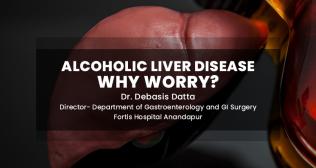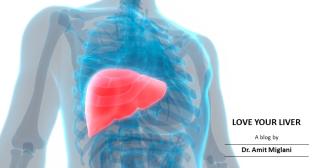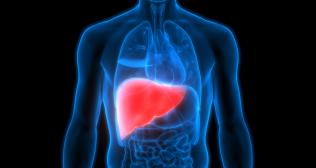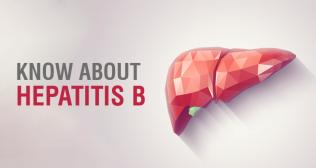
Common Myths about Hepatitis
There are several common myths and misconceptions about hepatitis, which is a group of viral infections that affect the liver. It's important to dispel these myths to ensure accurate information is available to the public. Here are some common myths about hepatitis:
Myth 1: All Hepatitis infections are fatal diseases.
Fact 1: No, the infection does not kill everyone. In fact, in India, there are about 20 to 40 million infected persons who are living healthy lives, the majority of whom will live till old age.
Myth 2: Hepatitis is a hereditary/genetic disease – passed on from parent to child.
Fact 2: No. Hepatitis is not inherited and is not a genetic disease as well. Hepatitis B is generally contracted from mother to child during birth. However, such transmission from the mother can be prevented if the status of her HBV is known and immunoglobulin is given within 12 hours of birth.
Myth 3: Hepatitis is an untreatable disease.
Fact 3: Some cases and types of hepatitis can heal without any intervention, but sometimes hepatitis can progress to liver cirrhosis (scarring of the liver). Patients have to take rest and abstain from drugs and alcohol during recovery. Doctors may prescribe antiviral therapies. For hepatitis C infection, a patient may be prescribed antiviral agents. Nutrition is the most vital for improving liver function. Limiting oneself to only boiled and bland food may cause protein-calorie malnutrition during the prolonged illness.
Myth 4: Hepatitis B spreads by touching, coughing, and sharing utensils.
Fact 4: Hepatitis B does not spread through casual contact, such as touching, coughing, or sharing utensils. Hepatitis B is primarily transmitted through direct contact with infected blood, semen, vaginal fluids, or other bodily fluids.
Myth 5: Hepatitis C goes away without treatment.
Fact 5: Approximately 80 percent of individuals exposed to hepatitis C may develop a chronic infection. While a small percentage may get rid of the infection without treatment, for everyone else, hepatitis C turns into a long-term or chronic disease. And, over time, hepatitis C, if not treated, may lead to health problems, such as cirrhosis, liver failure, and cancer.
Myth 6: Hepatitis and jaundice are synonymous
Fact 6: No, jaundice is just a symptom of hepatitis and not a cause of it.
Myth 7: There is no treatment for this disease and herbal medicines and Ayurveda are the only effective treatments
Fact 7: This is the biggest myth! Most infected individuals seek treatment from quacks and remedial doctors and aggravate the disease. Truth is, hepatitis can be treated if people approach the right clinicians and get themselves treated at the earliest.
While persons with hepatitis A will generally recover in two months with immunity for the rest of their lives, most adults infected with hepatitis B may recover within 90 days achieving lifelong immunity. Hepatitis B can be easily prevented by getting vaccinated with 3 doses.
However, individuals infected with hepatitis B may develop severe health problems and chronic infections like cirrhosis and liver cancer.
Hepatitis C is fatal in a small percentage of individuals, while it can become a lifelong infection for a majority of those infected with it. Simple treatment with oral tablets can cure it, completely.
Categories
Clear allMeet the doctor

- Gastroenterology and Hepatobiliary Sciences | Gastroenterology
-
12 Years
-
1200



















